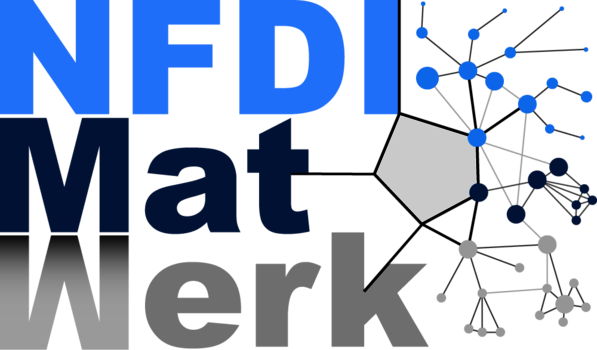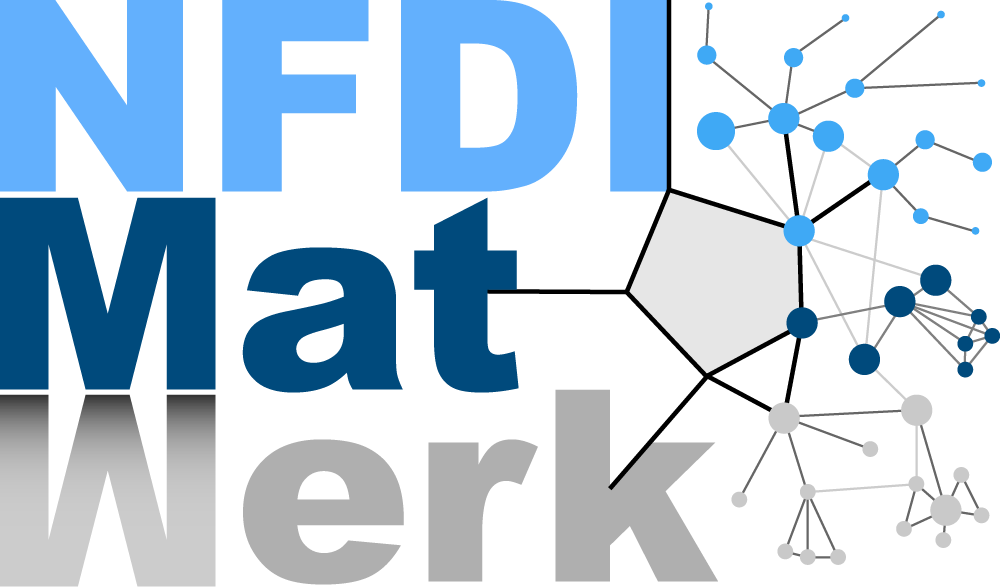
Crystallography is a discipline that has strived for decades to ensure the availability of its data with its publications. This has involved harnessing digital storage media at every stage of their development through punched cards, magnetic tapes, and disks and is exemplified today by ‘the cloud’. Crystallography has a highly developed database infrastructure which commenced with the Cambridge Structure Database in the 1960s and to the Protein Data Bank from 1971 onwards. There are community-agreed processed diffraction data and model validation checks that are routinely made, known as the Crystallographic Information Framework. Although this system is not perfect, it provides the best chance for ensuring reliability and thereby trust in what we do. This approach is summed up by the FAIR (Findable, Accessible, Interoperable, and Reusable) movement. More generally, the funding agencies, in their response to governments and taxpayers, also seek faster discoveries and, if possible, better value for their money. Thus, raw data could be released for use beyond the original research team, usually after an embargo period of typically 3 years. There is an expansion of the synchrotron, X-ray laser, and neutron facilities’ capacities to archive raw data. The colossal expansion of the raw data archives presents excellent opportunities to all scientists, including users of the photon and neutron facilities. In Germany, the National Research Data Infrastructure Germany (NFDI) is bringing proper data management tools and metadata harvesting to many science areas including the photon and neutron sciences (DAPHNE4NFDI, DAta from PHoton, and Neutron Experiments). DAPHNE4NFDI offers an exemplary approach to research raw data management strategy from proposal to data catalog to link to the publication.
The colloquium is an initiative of the seven consortia FAIRmat, MaRDi, NFDIMatWerk, NFDI4Chem, NFDI4Cat, PUNCH4NFDI, and DAPHNE4NFDI is intended to address all interested parties and offer the opportunity to exchange ideas in a relaxed atmosphere - even across NFDI borders.
Date: 07th December 2022, 10:30 am
Location: Deutsches Elektronen-Synchrotron DESY, Notkestrasse 85, 22607 Hamburg, Building 5, DESY Auditorium
The event is organized in Hamburg. If you just want to join the lecture, you can join online after registration.
Speaker: John R. Helliwell, Emeritus Professor of Chemistry (University of Manchester), Chairman of IUCr, and IUCr Representative to CODATA
Registration: https://events.hifis.net/event/572/

